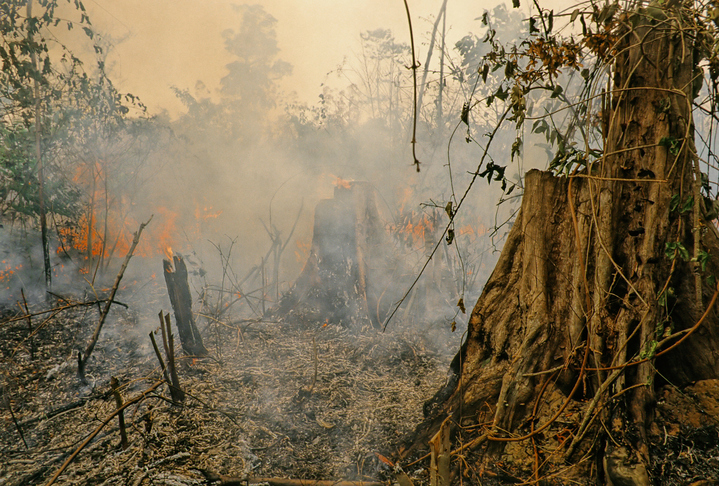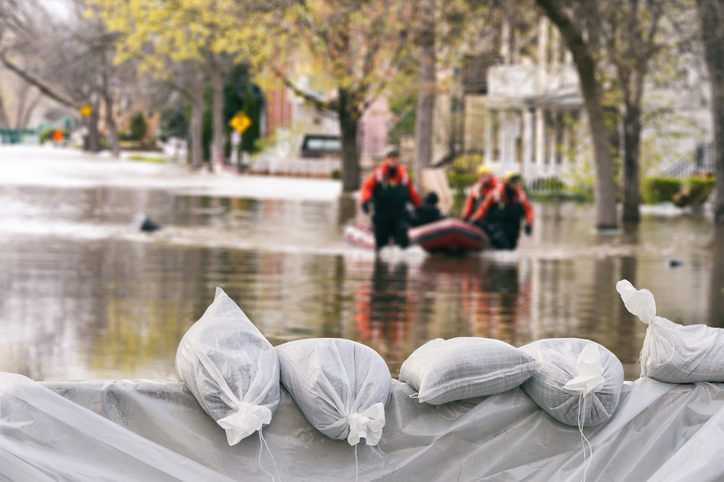Unprecedented heat waves across North America and Europe; flooding in Canada and across much of the American Midwest; drought in western Canada; forest fires raging in Alberta, British Columbia, California, Spain and Brazil; melting glaciers and ice packs; rising waters and eroding shore lines around the world.

Our personal health is influenced by the environment in which we live. We know the world around us is predicted to change in several ways as a result of climate change. Many natural hazards have always occurred such as heat waves, forest fires, and flooding however we don’t have a great understanding of the linkages between these events and the health of the community. In addition, we don’t currently have a good grasp about what groups within our population have an increased exposure to natural hazards. We need to gather an understanding of who is most likely to be affected and to what degree.

That is why we at Wellington-Dufferin-Guelph Public Health have teamed up with Waterloo Region Public Health and Emergency Services to look at the current and potential local health impacts of global warming. We jointly applied for, and received funding from, Health Canada. With $300,000, our health units will work with ICLEI Canada, a national non-profit organization whose mission is to build and serve a worldwide movement of local and regional governments that are committed to achieving tangible improvements in local sustainability and resilience. ICLEI Canada will collaborate with Dr. Chris Buse, CIHR Research Fellow at the University of British Columbia to lead the climate change and health assessment for the two health units.
What does this mean?
We’ll be looking at specific risks to the Region of Waterloo, City of Guelph, County of Wellington and County of Dufferin. Localized climate projections predict increased annual temperatures, more extreme heat days, and more intense precipitation (rain, snow) and wind resulting in property damage and flooding.

We already are seeing more frequent and violent thunderstorms, and other types of severe weather affecting water supplies and agricultural production. Food or water shortages and illnesses related to drinking water contamination could be coming to a neighbourhood near you. Those who live in inadequate housing or unprepared neighbourhoods are particularly at risk and this study will look how to reach out and help the most vulnerable among us.
The goal is to plan now to strengthen local resiliency to climate change. The health units’ epidemiology, data collection, analysis and subject matter expertise will support future planning to strengthen community resilience to the health impacts of climate change.
The project will run over three years and involve multiple community partners across all levels of government, academia, conservation authorities, school boards, and community groups, including those that serve vulnerable populations.
Climate change is global, but its consequences are local. Public Health is working now so we are all are prepared for the storms ahead.
